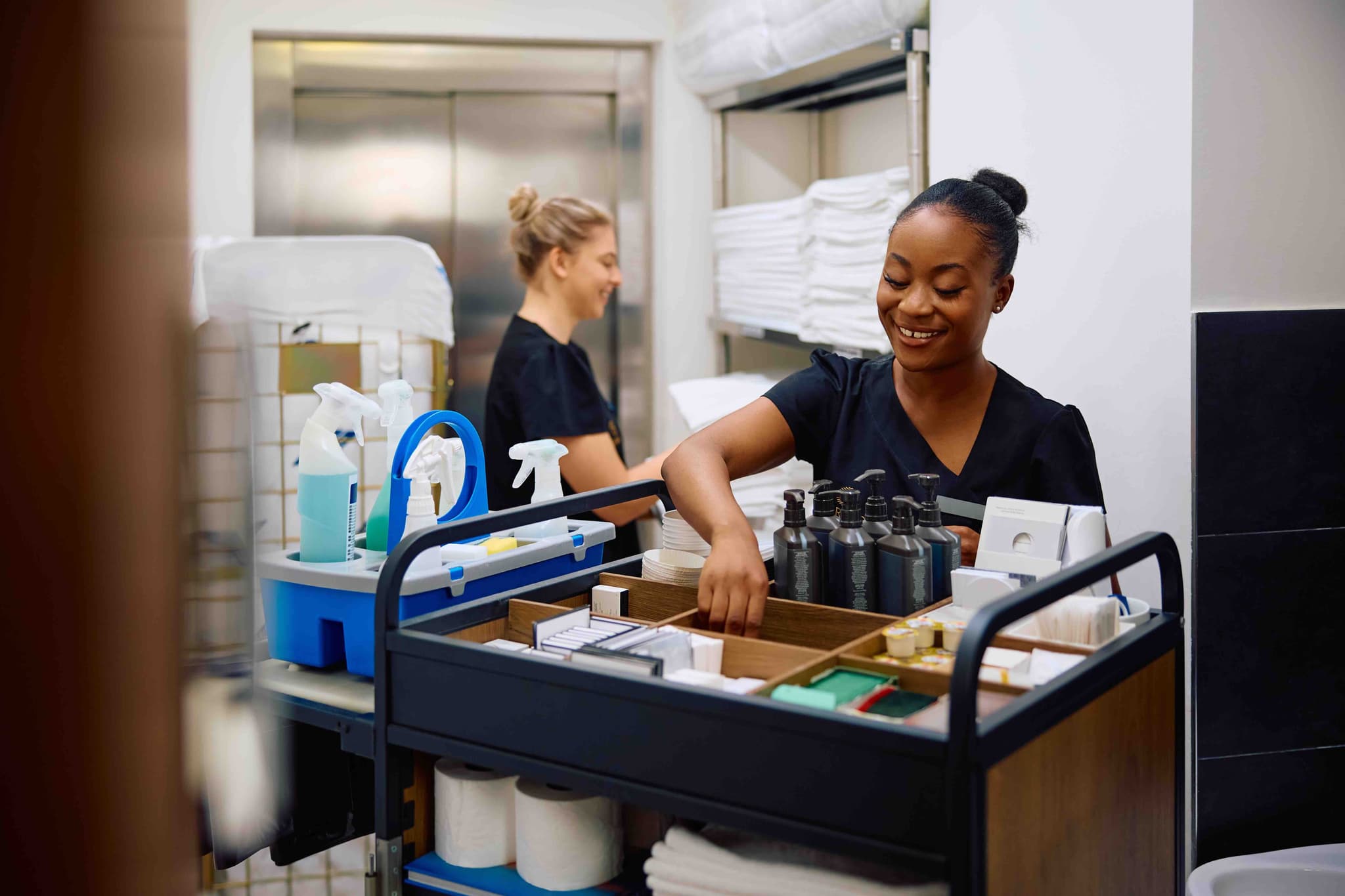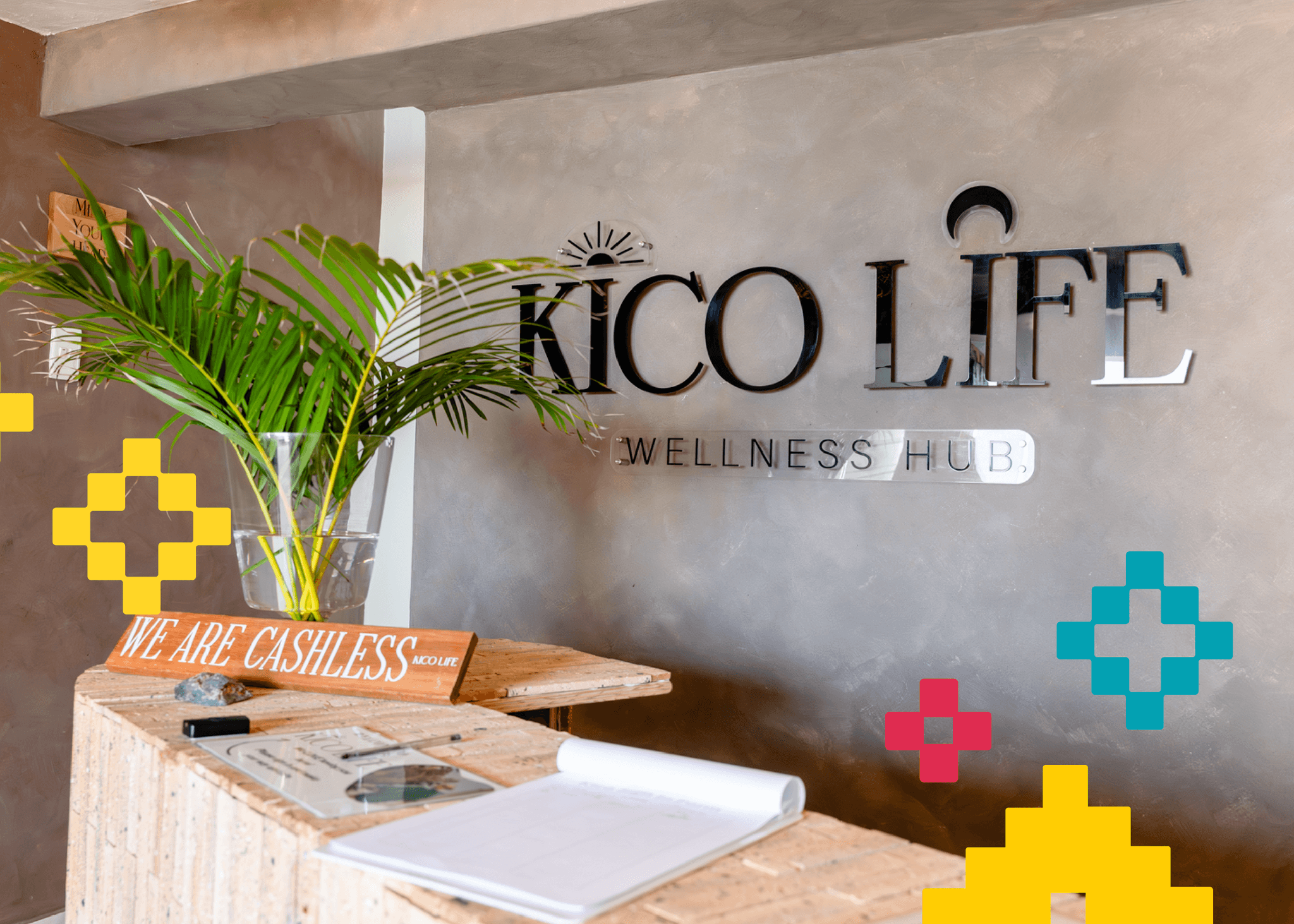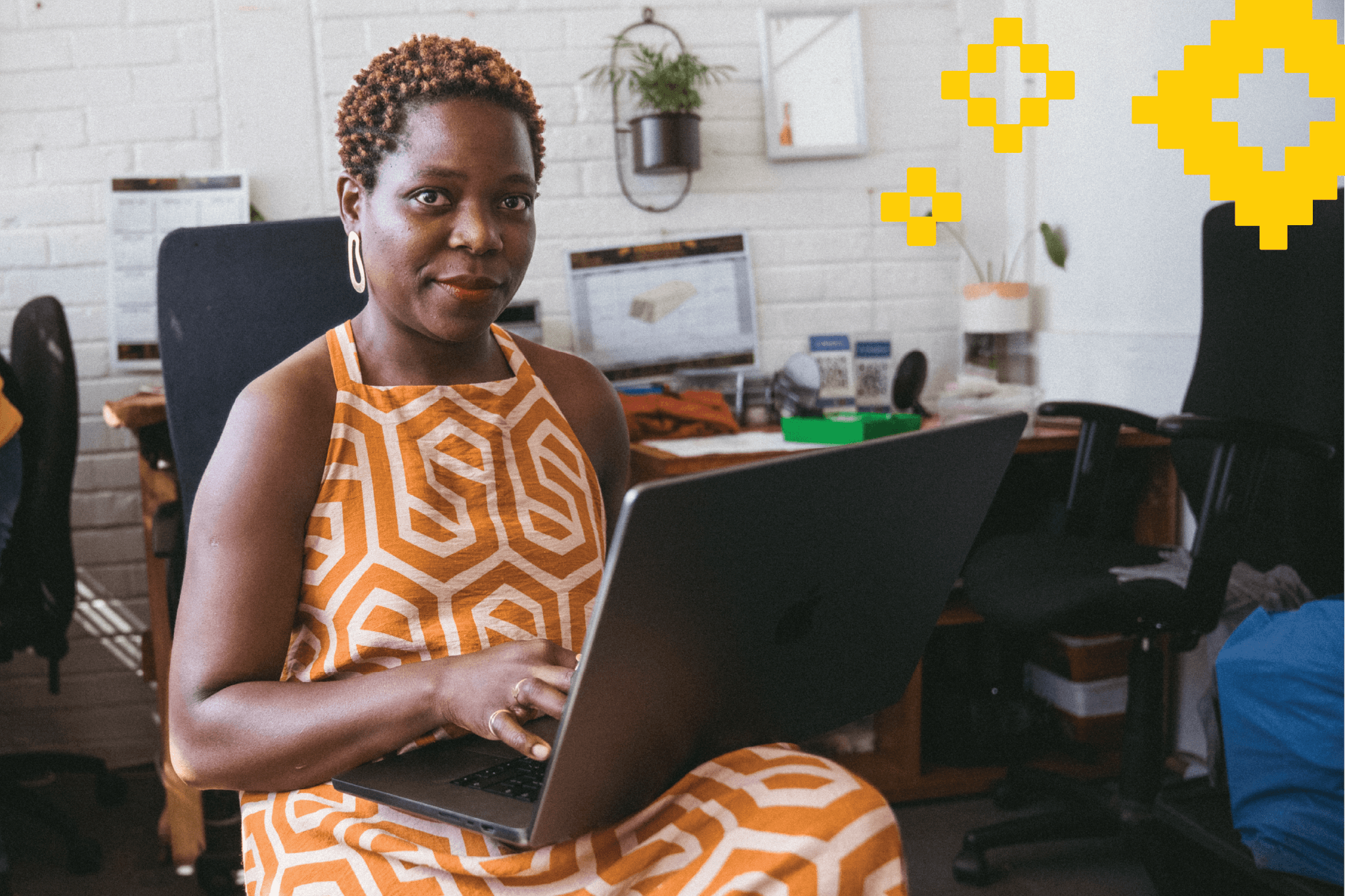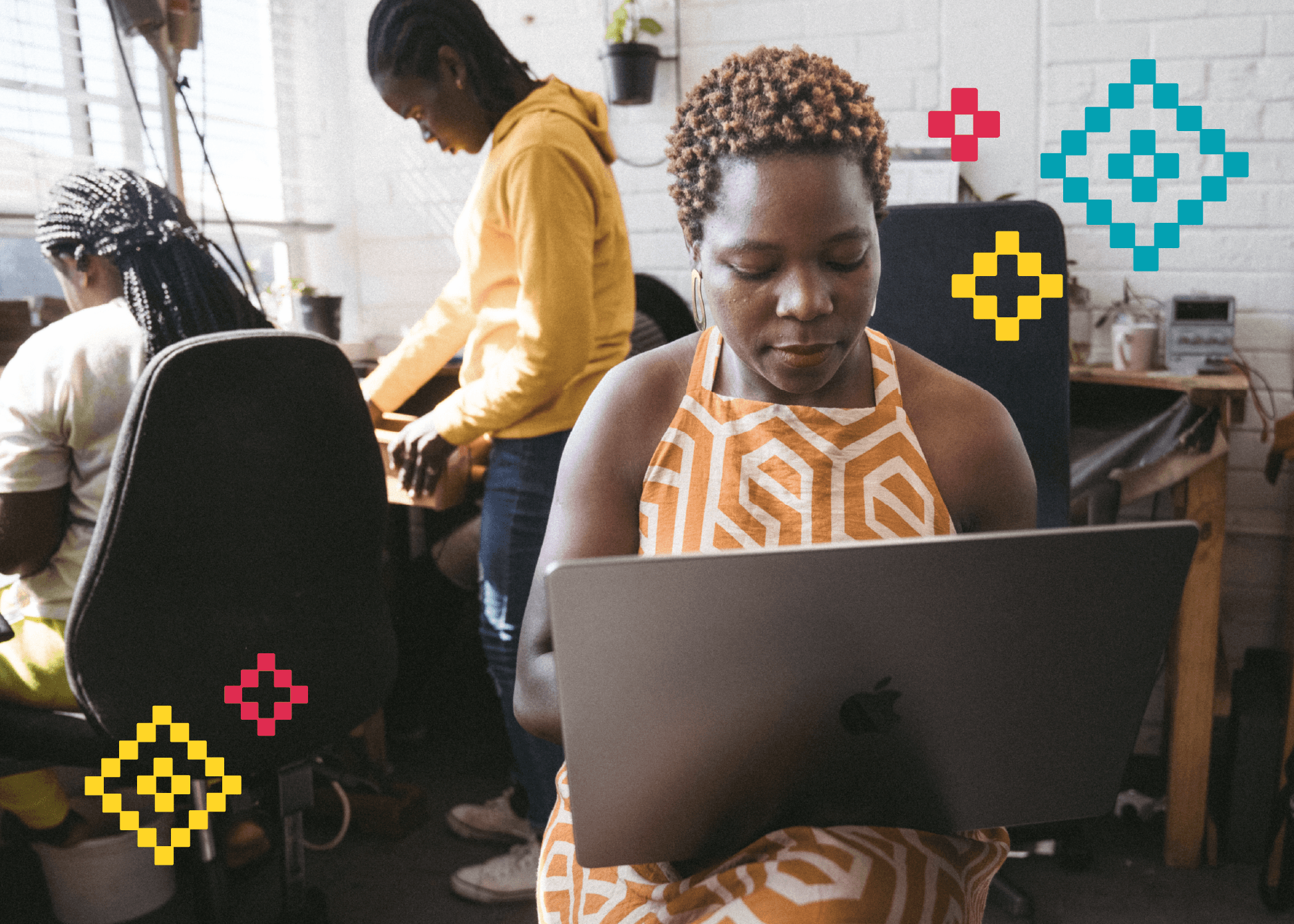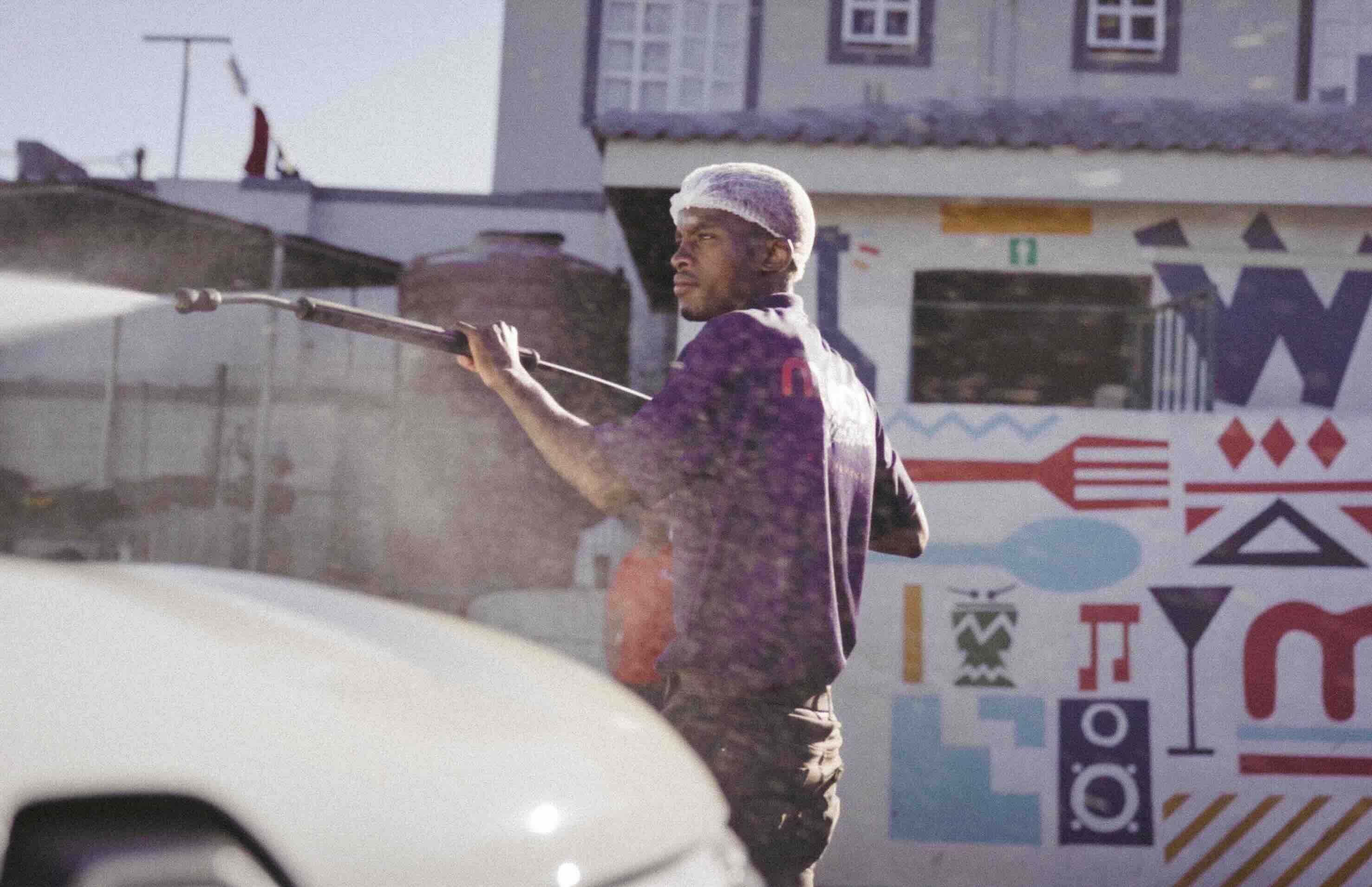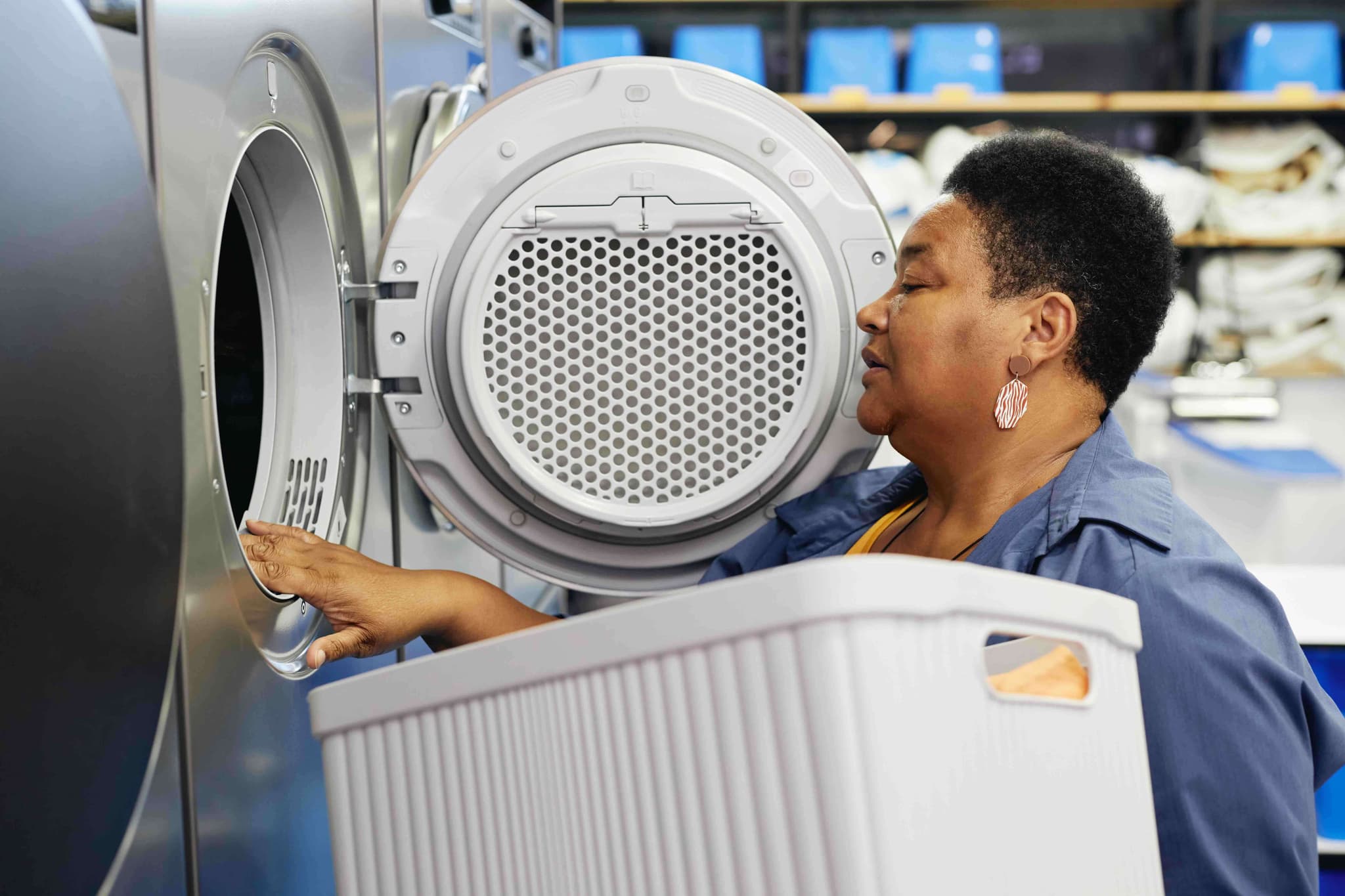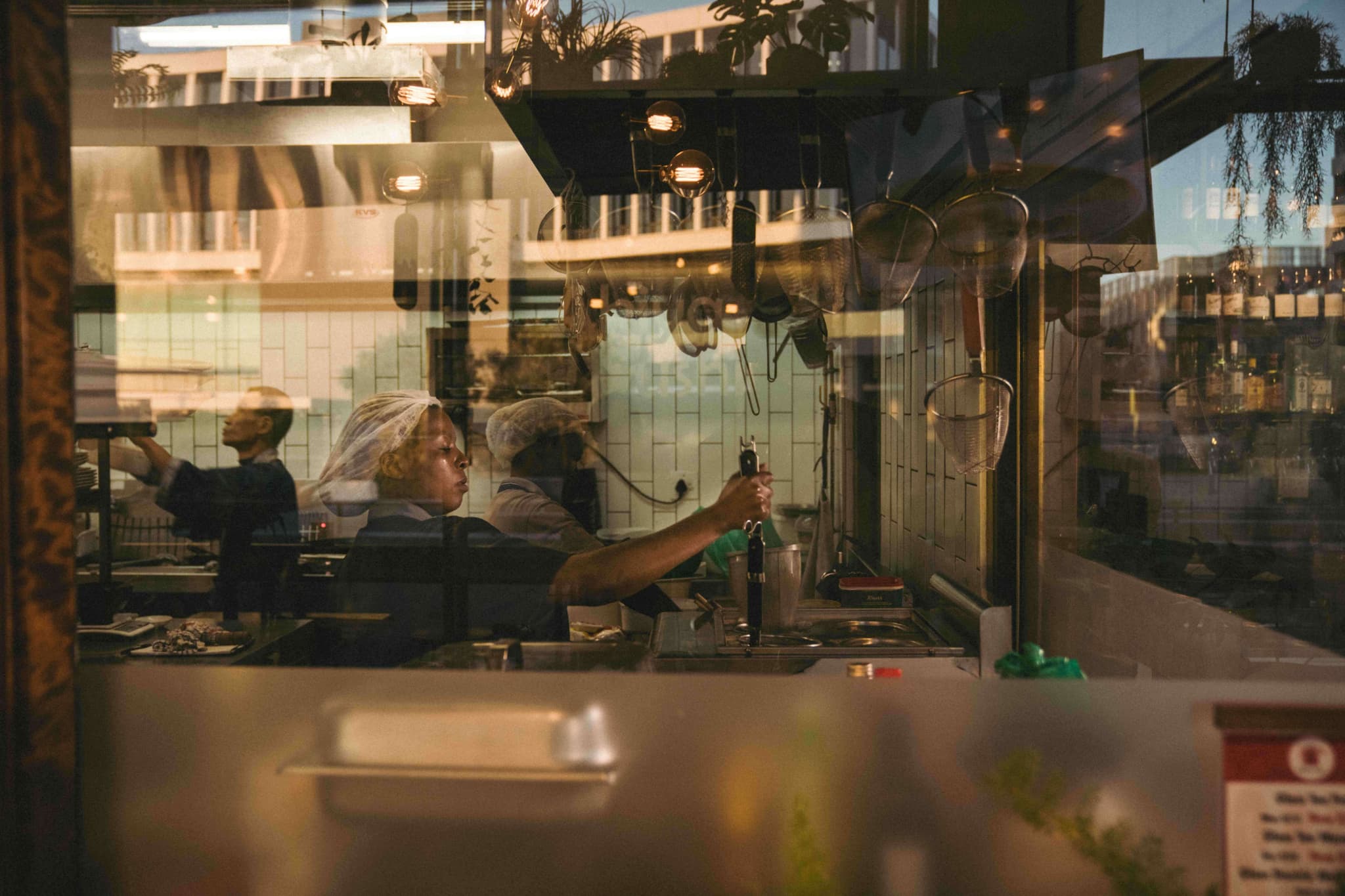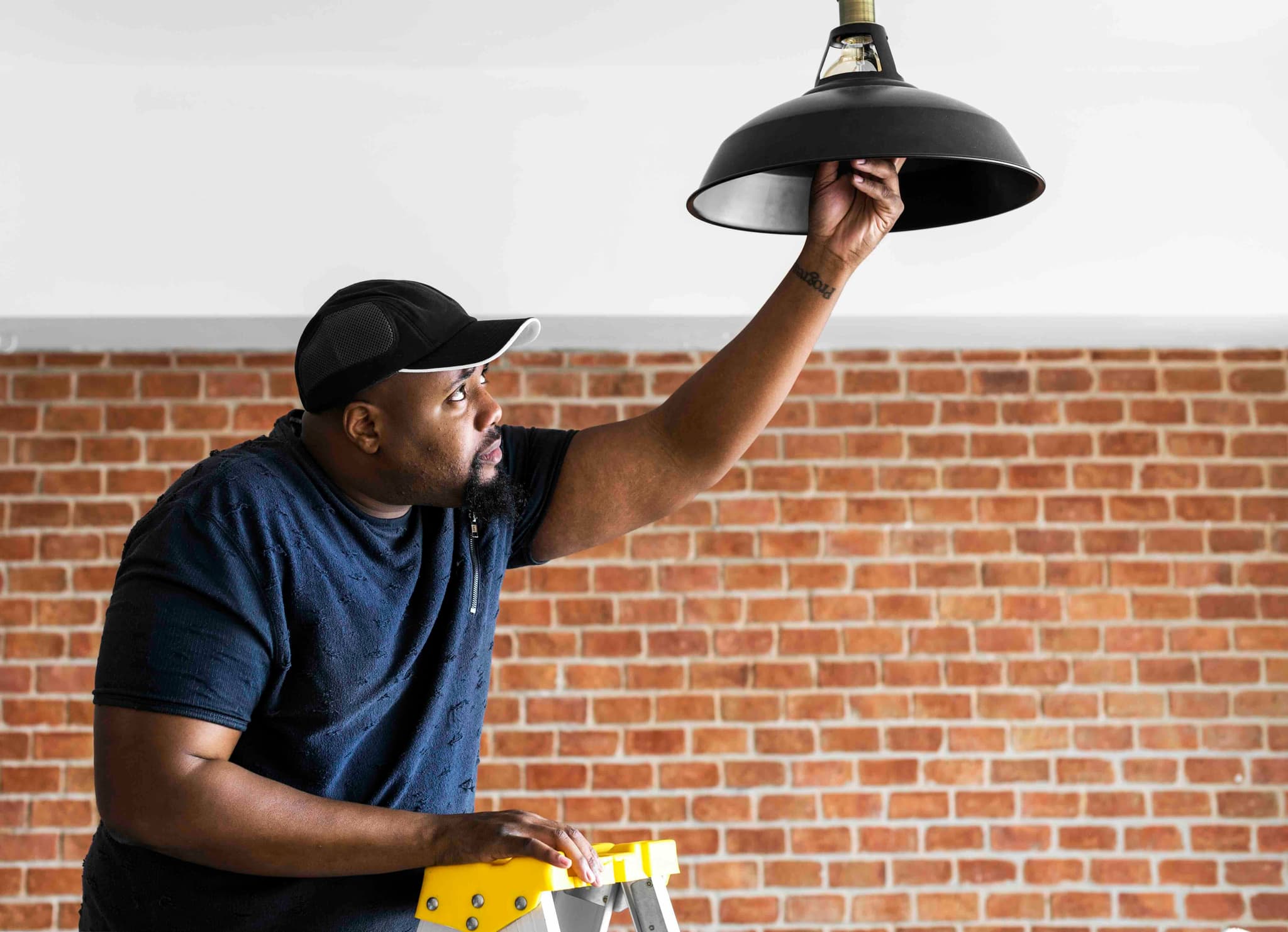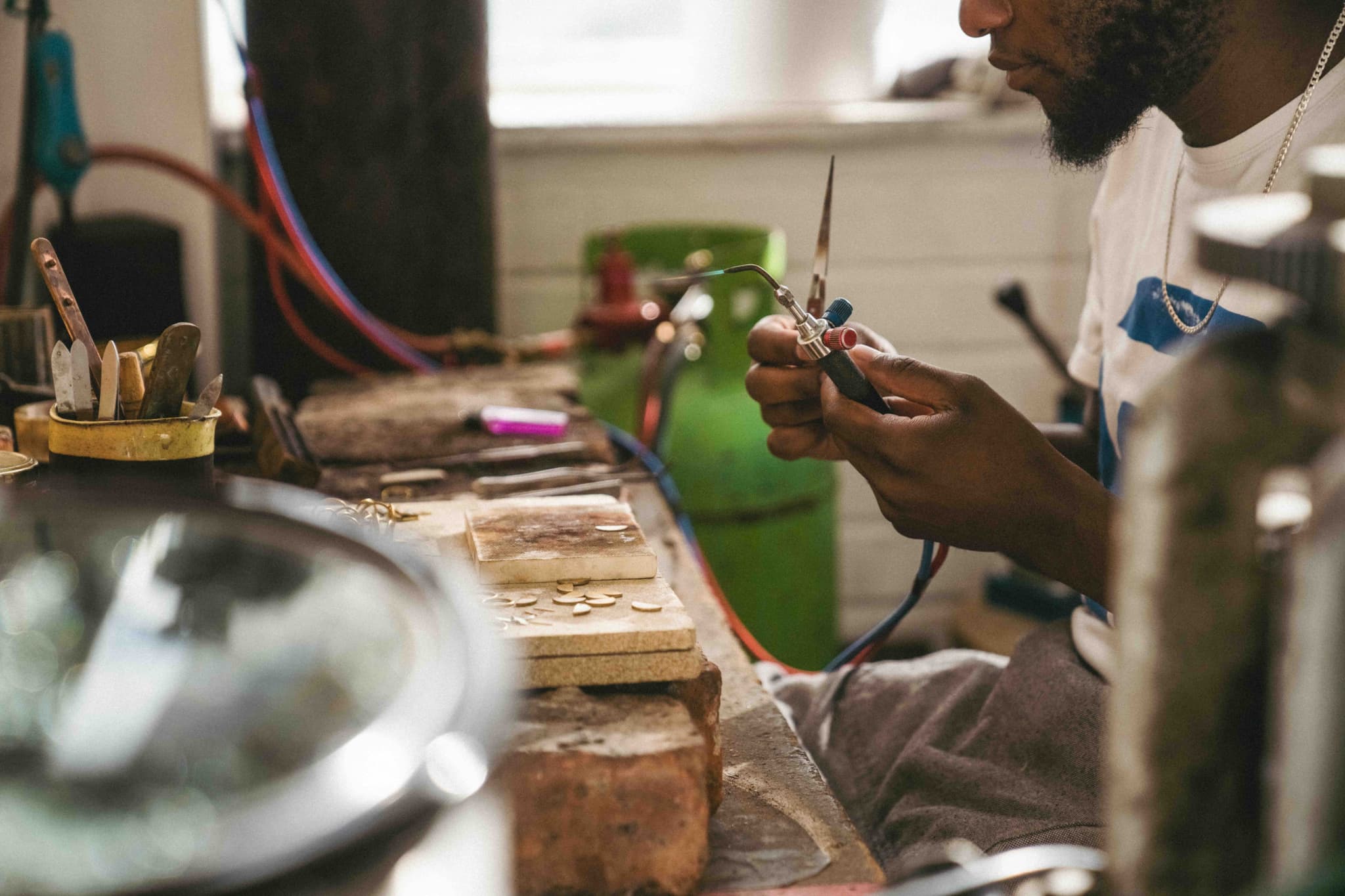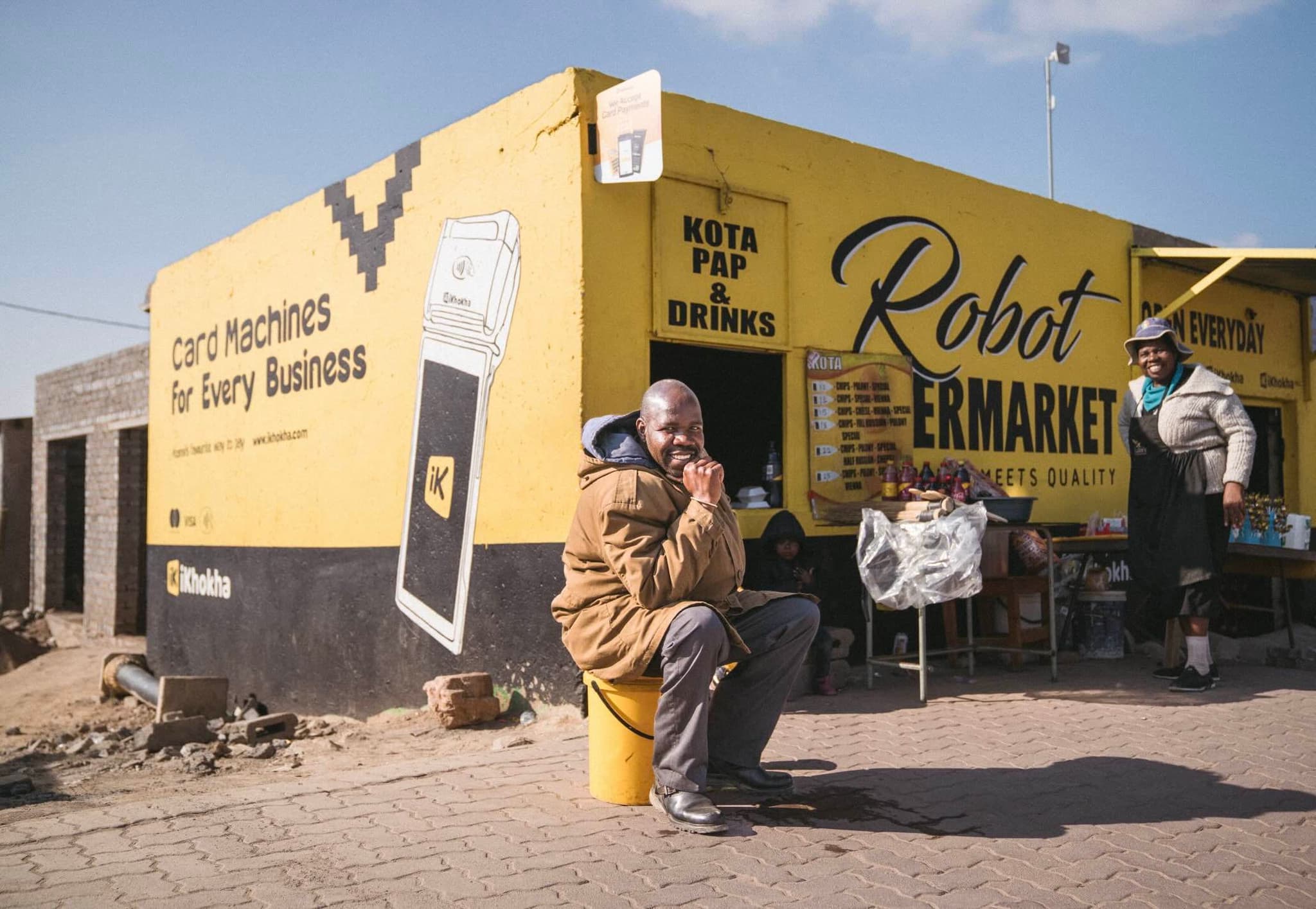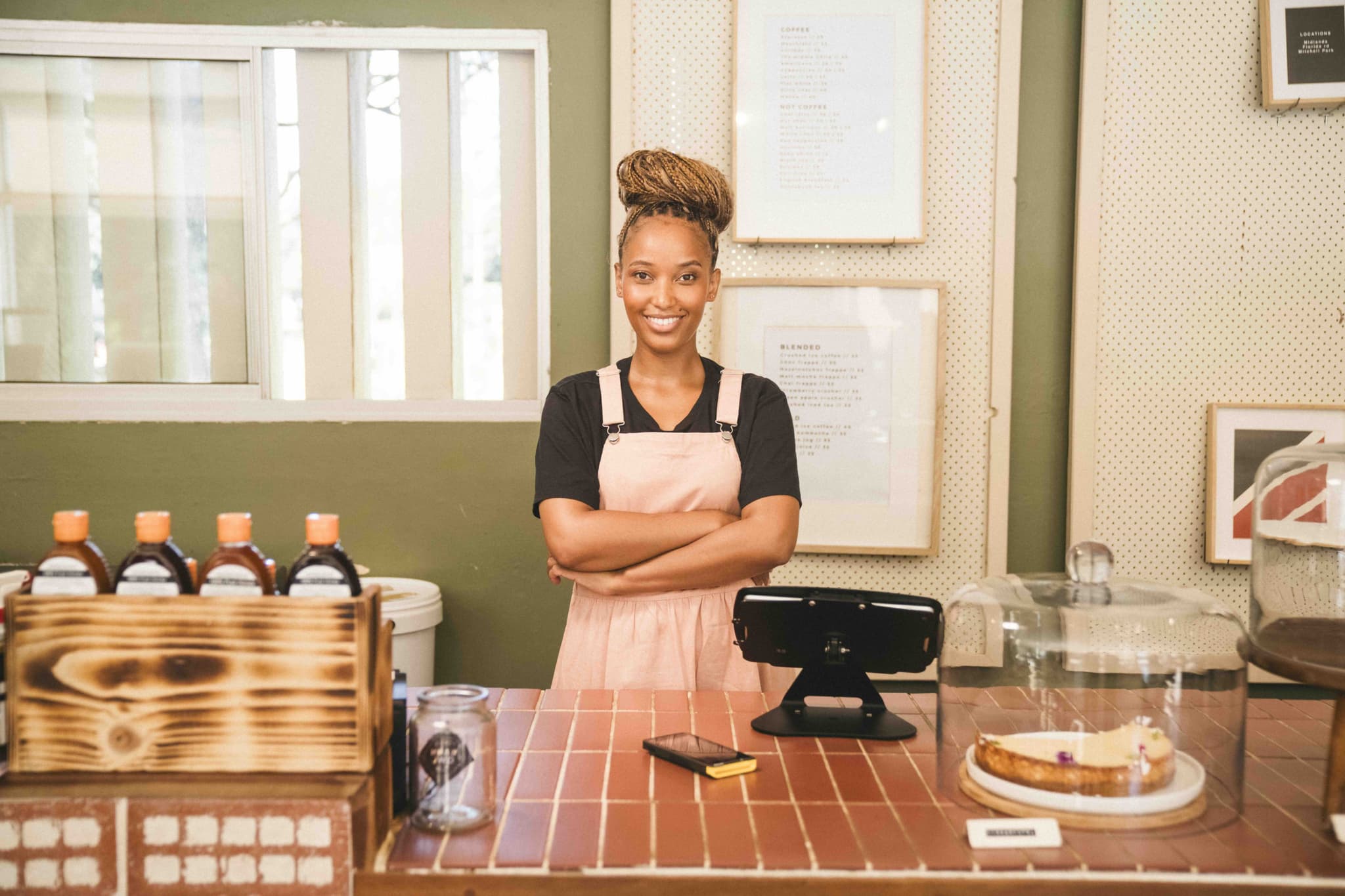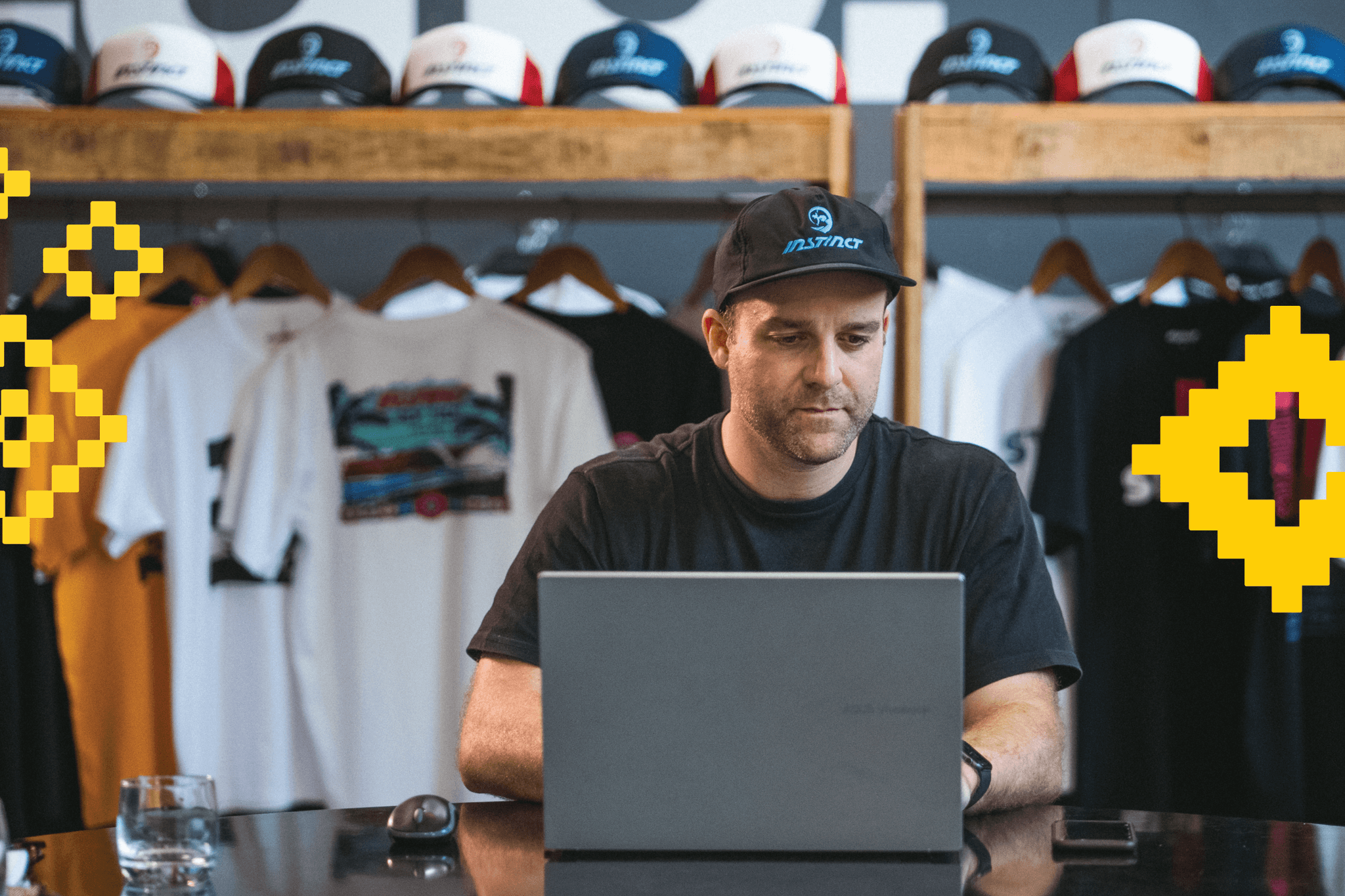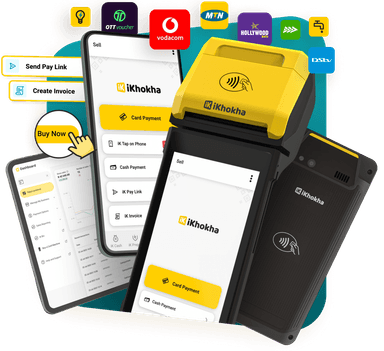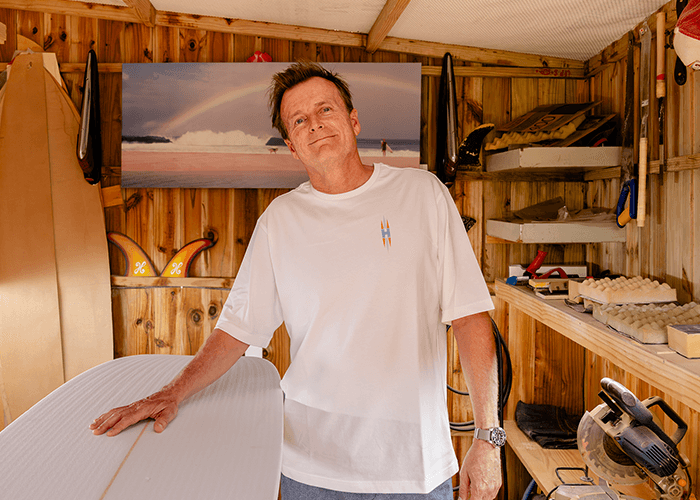
Holmes Brothers: From Garage Chaos to a South African Surf-Lifestyle Brand
Surfboards, streetwear and a flaming jumpsuit. Laurie Holmes unpacks the wild journey behind Holmes Brothers and building a South African icon.
23 JAN, 2026-2 MIN READ
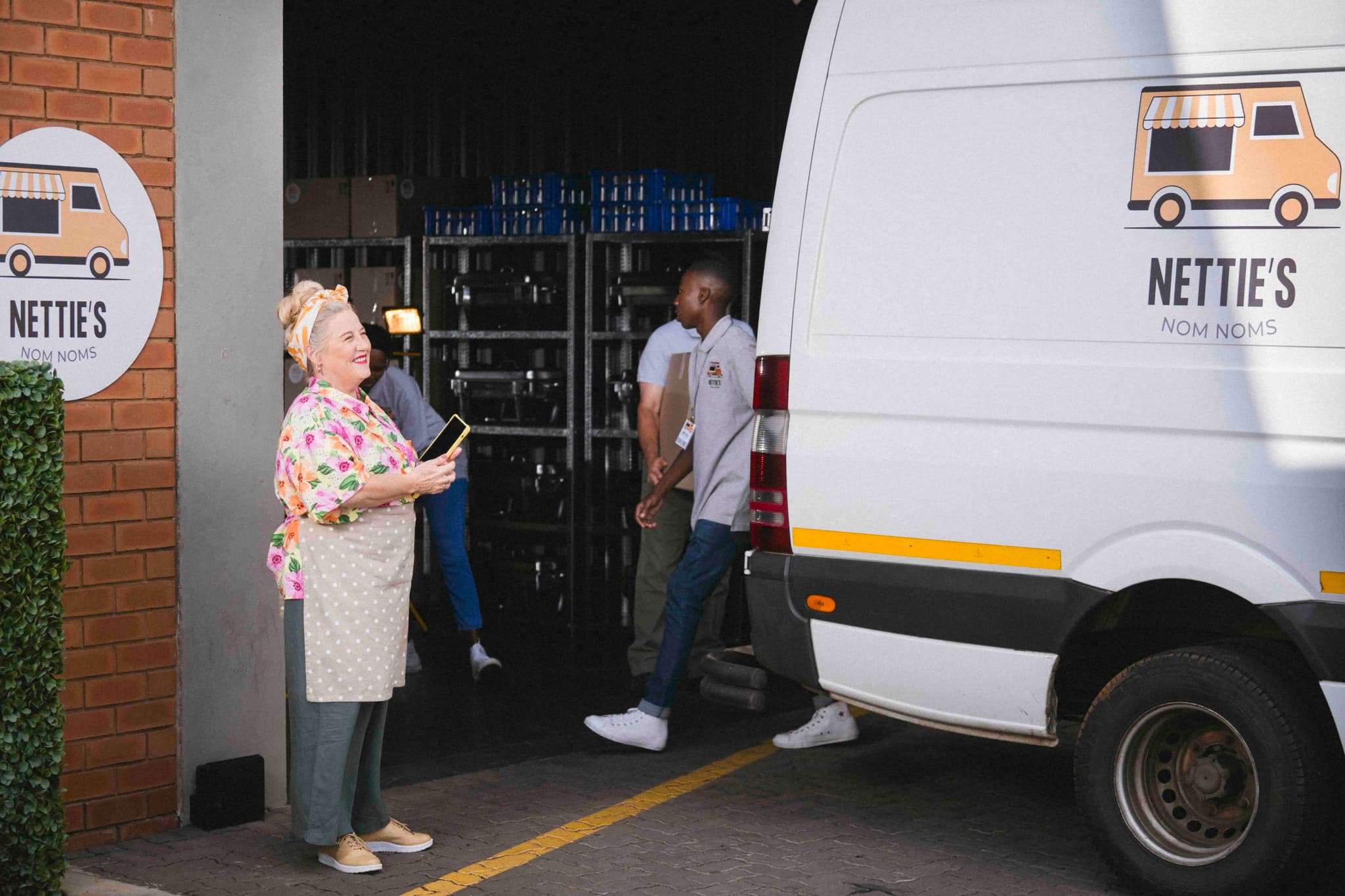
5 Modern Business Ideas for Women in South Africa
A practical look at business ideas for women in South Africa built around steady income, repeat work, and businesses you can run properly from day one.
12 JAN, 2026-4 MIN READ
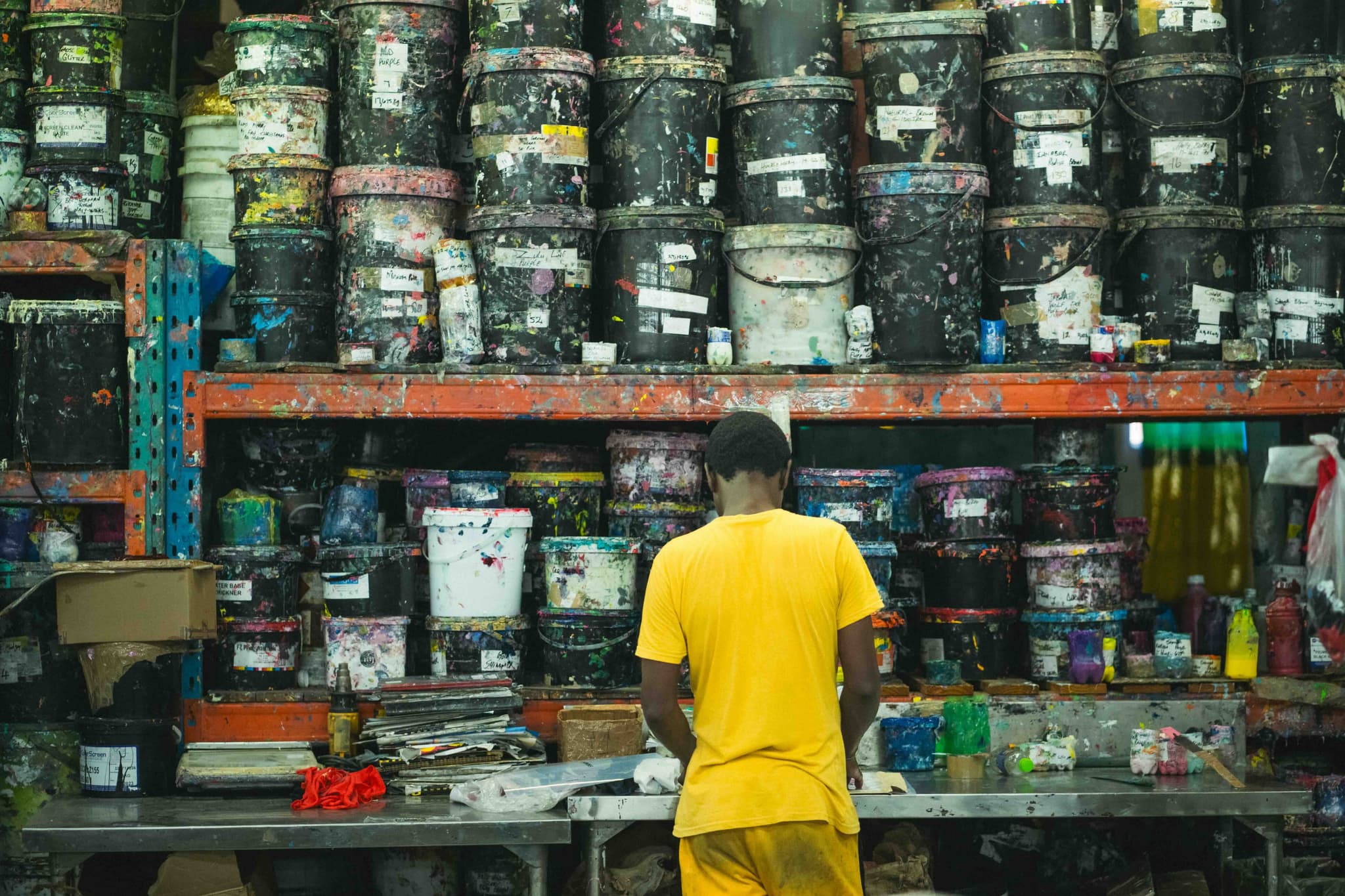
Low-Risk Business Ideas That Bring Steady Work
Looking for low-risk business ideas in South Africa? This guide explores steady, practical business models that focus on predictability, cash flow, and repeat work.
5 JAN, 2026-5 MIN READ

14 AUG, 2025-5 MIN READ
How to Launch an Online Store in Just 3 Steps
Why stop at closing time? Make sales around the clock with iK Webstore, our latest tool to help you start selling online with ease!
Featured articles
How to Start an Online Business: The Smart and Simple Guide
22 JAN, 2025-4 MIN READ
How To Make Money Online In South Africa: The Hitchhiker’s Guide
15 JAN, 2025-7 MIN READ
How to Register a Business in South Africa: Your Step-by-Step Guide
7 OCT, 2024-4 MIN READ
Does My Business Need a Cash Register?
10 JUL, 2021-2 MIN READ
Entrepreneurship
Jabu Atchar: A Film About Legacy
"Jabu Malungane is proof that you can turn anything you like into an opportunity” - The Sowetan.



